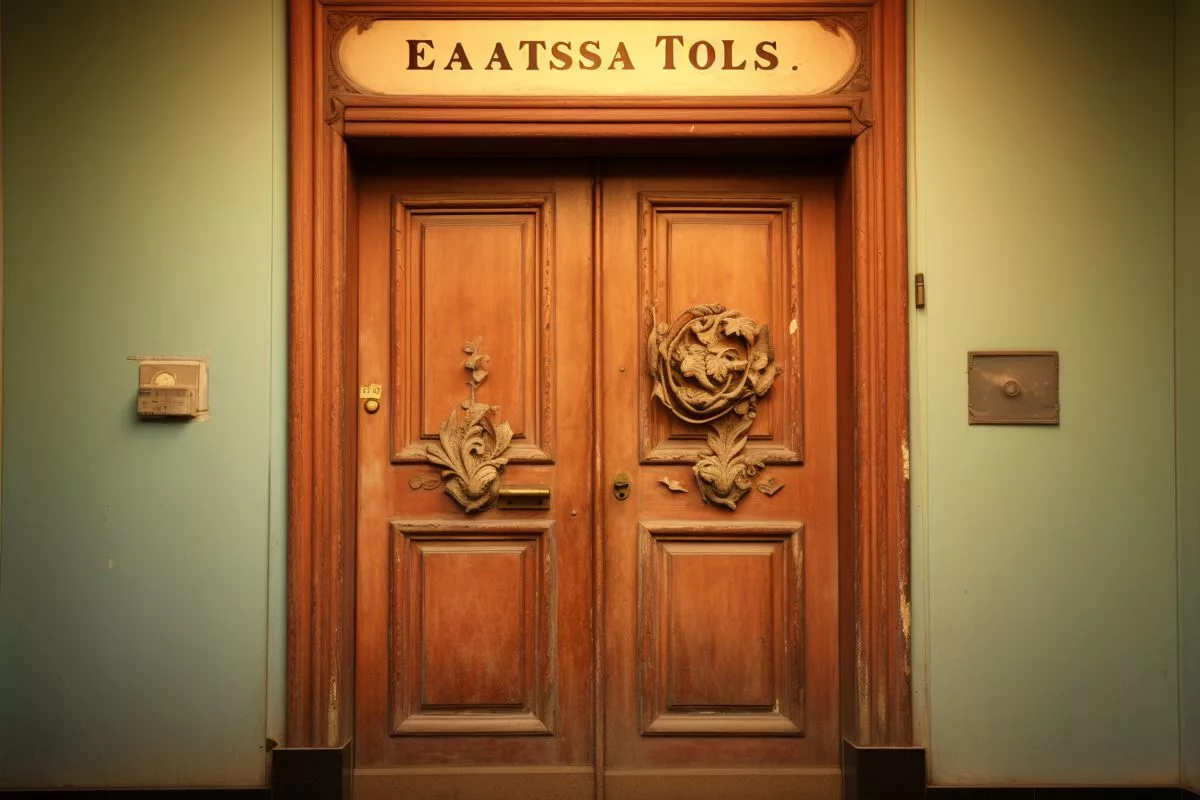The Atlas of Results for the 2019 National and Provincial Elections in South Africa has been indefinitely delayed by the Electoral Commission, leaving the media and the public waiting for a new submission date. The Atlas of Results is an essential document that highlights crucial statistics, trends, and insights about the political landscape, revealing how South African democracy operates. Despite the delay, the Electoral Commission has pledged to maintain open communication with the media and the public while working diligently to present an accurate and comprehensive document.
What is the Atlas of results for the 2019 National and Provincial Elections?
The Atlas of results is a crucial document that comprises the results of the 2019 National and Provincial Elections in South Africa. It serves as a thorough account of the electoral process, highlighting crucial statistics, trends, and insights about the political landscape, and reveals how South African democracy operates.
Announcement of Indefinite Delay
The Electoral Commission recently declared an indefinite delay in submitting the Atlas of results for the 2019 National and Provincial Elections to Parliament. This unforeseen development left the media and the general public waiting for a new date for the critical submission. The Commission has extended its apologies for any inconvenience and pledged to keep the media informed in the coming days.
Significance of the Atlas of Results
The Atlas of results is an essential document that comprises the results of the 2019 National and Provincial Elections. It serves as a thorough account of the electoral process, highlighting crucial statistics, trends, and insights about the political landscape. This important information reveals how South African democracy operates.
The 2019 elections represented a crucial moment in South Africa’s political climate, marking 25 years of democracy in the nation and serving as a significant milestone since the end of apartheid. The elections showcased the country’s dedication to free and fair voting, with numerous parties competing for positions at both national and provincial levels.
The electoral process engaged various stakeholders, such as the government, political parties, independent candidates, and citizens exercising their right to vote. Each of these entities played a vital role in determining the election’s outcome, culminating in the Atlas of results. The document, therefore, is not merely a report; it symbolizes the nation’s collective involvement in its democratic journey.
The Role of the Electoral Commission and Current Challenges
The Electoral Commission, charged with supervising the electoral process, ensures the transparency, integrity, and fairness of the elections. As an independent entity, it bears the responsibility of submitting the Atlas of results to Parliament in a timely and precise manner. This procedure enables scrutiny, discussion, and future planning based on the electoral outcomes.
Nevertheless, the recent delay highlights the intricate nature of compiling and presenting such a comprehensive document. It emphasizes the importance of accuracy and thoroughness in guaranteeing that the Atlas of results accurately reflects South Africa’s true political landscape. Despite this challenge, the Electoral Commission has pledged to maintain open communication with the media and the public.
The Broader Context of South Africa’s Political Journey
As the nation anticipates the rescheduled submission of the Atlas of results, it is crucial to remember South Africa’s political journey‘s wider historical context. Over the years, the country has encountered numerous challenges in its pursuit of a democratic society. From the fight against apartheid to the establishment of a new political order based on equal rights and representation, South Africa’s path has been difficult yet inspiring.
The presentation of the Atlas of results to Parliament is a critical step in preserving and reinforcing the nation’s democratic values. It offers a means of evaluating progress and identifying areas that need further attention. Moreover, it serves as a testament to the South African people’s resilience and their dedication to upholding democratic principles.
Access to Information and Resources
In the meantime, the public and the media can access essential information and services related to South African government matters via the official government website, Gov.za. The site offers a wealth of resources, including official statements, documents, events, and contact information for various government departments.
Additionally, the Department of Health’s Covid-19 online resource and news portal provide valuable insights into the latest developments related to the pandemic. As the world continues to struggle with the pandemic’s effects, South Africa remains committed to providing timely, accurate, and essential information to its citizens.
A Setback Amidst a Resilient Journey
While the indefinite delay of the Atlas of results may appear as a setback, it is essential to view it within the broader context of South Africa’s ongoing democratic journey. The nation has faced numerous challenges in the past, yet it has always emerged stronger and more resilient. As the Electoral Commission diligently works on presenting the Atlas of results, the South African public eagerly awaits its unveiling, confident that it will represent another milestone in their democracy’s rich history.
What caused the delay in submitting the Atlas of results for the 2019 National and Provincial Elections to Parliament?
The Electoral Commission has not provided any specific reasons for the delay in submitting the Atlas of results for the 2019 National and Provincial Elections to Parliament. However, they have pledged to maintain open communication with the media and the public while working diligently to present an accurate and comprehensive document.
When can we expect the Atlas of results to be submitted to Parliament?
The Electoral Commission has not yet announced a new submission date for the Atlas of results for the 2019 National and Provincial Elections. They have extended their apologies for any inconvenience caused by the delay and pledged to keep the media informed in the coming days.
How important is the Atlas of results for the 2019 National and Provincial Elections?
The Atlas of results is an essential document that comprises the results of the 2019 National and Provincial Elections in South Africa. It serves as a thorough account of the electoral process, highlighting crucial statistics, trends, and insights about the political landscape. This important information reveals how South African democracy operates.
What is the role of the Electoral Commission in the electoral process?
The Electoral Commission is charged with supervising the electoral process, ensuring the transparency, integrity, and fairness of the elections. As an independent entity, it bears the responsibility of submitting the Atlas of results to Parliament in a timely and precise manner.
What is the broader context of South Africa’s political journey?
South Africa has encountered numerous challenges in its pursuit of a democratic society. From the fight against apartheid to the establishment of a new political order based on equal rights and representation, South Africa’s path has been difficult yet inspiring. The presentation of the Atlas of results to Parliament is a critical step in preserving and reinforcing the nation’s democratic values.
Where can the public access information and resources related to South African government matters?
The public and the media can access essential information and services related to South African government matters via the official government website, Gov.za. The site offers a wealth of resources, including official statements, documents, events, and contact information for various government departments.
How important is accuracy and thoroughness in presenting the Atlas of results?
The recent delay highlights the intricate nature of compiling and presenting such a comprehensive document. It emphasizes the importance of accuracy and thoroughness in guaranteeing that the Atlas of results accurately reflects South Africa’s true political landscape.
What is the significance of the 2019 National and Provincial Elections?
The 2019 elections represented a crucial moment in South Africa’s political climate, marking 25 years of democracy in the nation and serving as a significant milestone since the end of apartheid. The elections showcased the country’s dedication to free and fair voting, with numerous parties competing for positions at both national and provincial levels.












